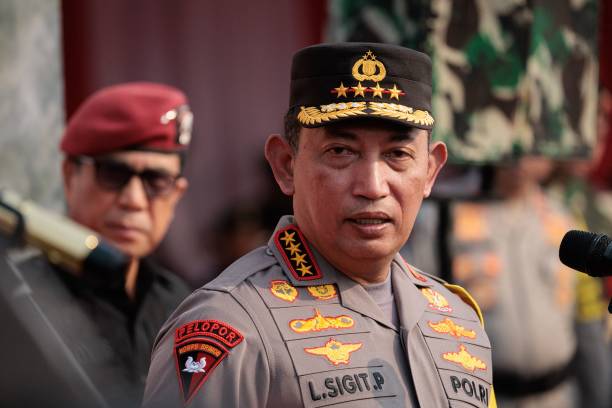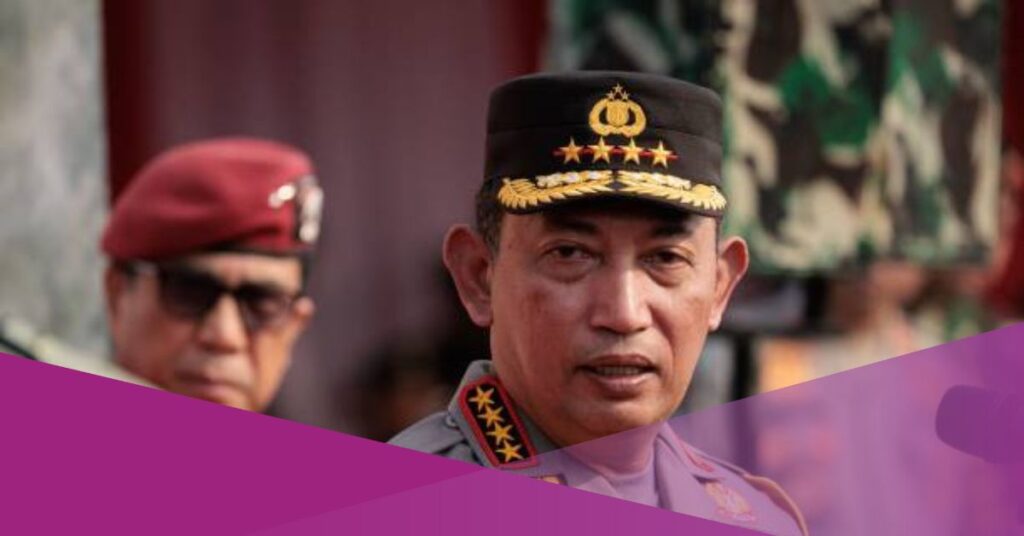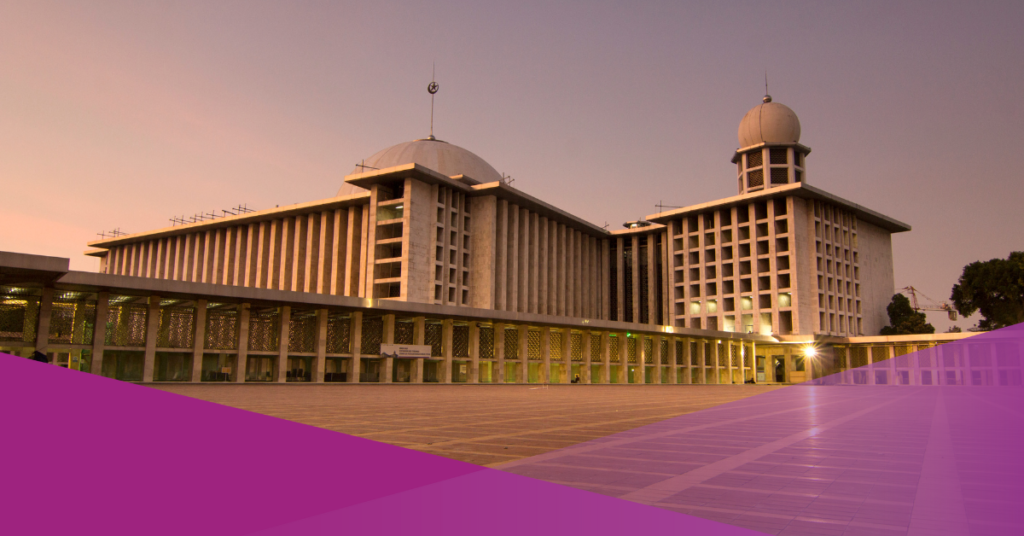Jakarta, 3 April 2025 – Indonesia’s National Police have issued new regulations mandating foreign nationals engaged in journalistic or research activities within the country to obtain police clearance. The policy, outlined in Police Regulation No. 3 of 2025, strengthens oversight on foreign nationals operating in Indonesia.
According to Article 5, Section 1, Clause (b) of the regulation, police clearance certificates are now required for foreign individuals conducting journalistic or research work in specific locations, as designated under prevailing laws and regulations.
The clearance process will be managed by the Public Service Division of the National Police’s Intelligence and Security Directorate. Applications must be submitted electronically via the official police website.

Press Freedom Concerns
The regulation has sparked criticism from press freedom advocates. Mustafa Layong, Director of the Legal Aid Institute for the Press, questioned the necessity of such police oversight, arguing that immigration authorities, not the police, should be responsible for monitoring foreign nationals.
“This is an overreach of police authority,” Layong stated through Tempo on Wednesday. “The term ‘specific locations’ could be used to shield strategic national projects or areas deemed sensitive by the government.”
Layong emphasised that as a democratic country, Indonesia should uphold universal human rights principles, including press freedom. He expressed concerns that the new requirement could be used to curtail journalistic work, particularly investigative reporting.
Journalists Already Subject to Visa Regulations
The Alliance of Independent Journalists (AJI) also raised objections, arguing that foreign journalists already face stringent requirements through Indonesia’s visa system. Secretary-General Bayu Wardhana pointed out that previous regulations only required a journalist visa for reporting in Indonesia.
The new police clearance requirement, he said, adds an unnecessary layer of bureaucracy and contradicts Indonesia’s Press Law (Law No. 40 of 1999), which is meant to govern journalistic activities. He also warned that overlapping authority between the police and immigration could create confusion and delays for foreign journalists and researchers seeking access to Indonesia.
Impact on Indonesia’s International Reputation
Critics argue that the new regulation could damage Indonesia’s democratic reputation and deter foreign investment. The tightening of press regulations could be perceived as a step backward for democracy, potentially affecting foreign investment sentiment.
Wardhana warned that excessive restrictions on press freedom might signal to the international community that Indonesia is becoming less open to transparency and scrutiny.
“This will erode investor confidence. If a country is seen as undemocratic with restricted press freedom, its investment climate becomes less secure,” he said.
Legal experts worry that the police could use the regulation to obstruct foreign journalists covering politically sensitive topics, such as environmental issues and human rights violations, particularly in Papua. Foreign journalists have previously faced restrictions, surveillance, and even detainment when reporting on such matters.
At the time of publication, officials from the Indonesian National Police had not provided further comments on the reasoning behind the regulation. It remains unclear how strictly the new rule will be enforced and whether exceptions will be made for certain journalistic activities.
As discussions around the regulation continue, press advocates and legal experts are urging the government to reconsider its implementation to avoid undermining press freedom and international cooperation in research and journalism.































